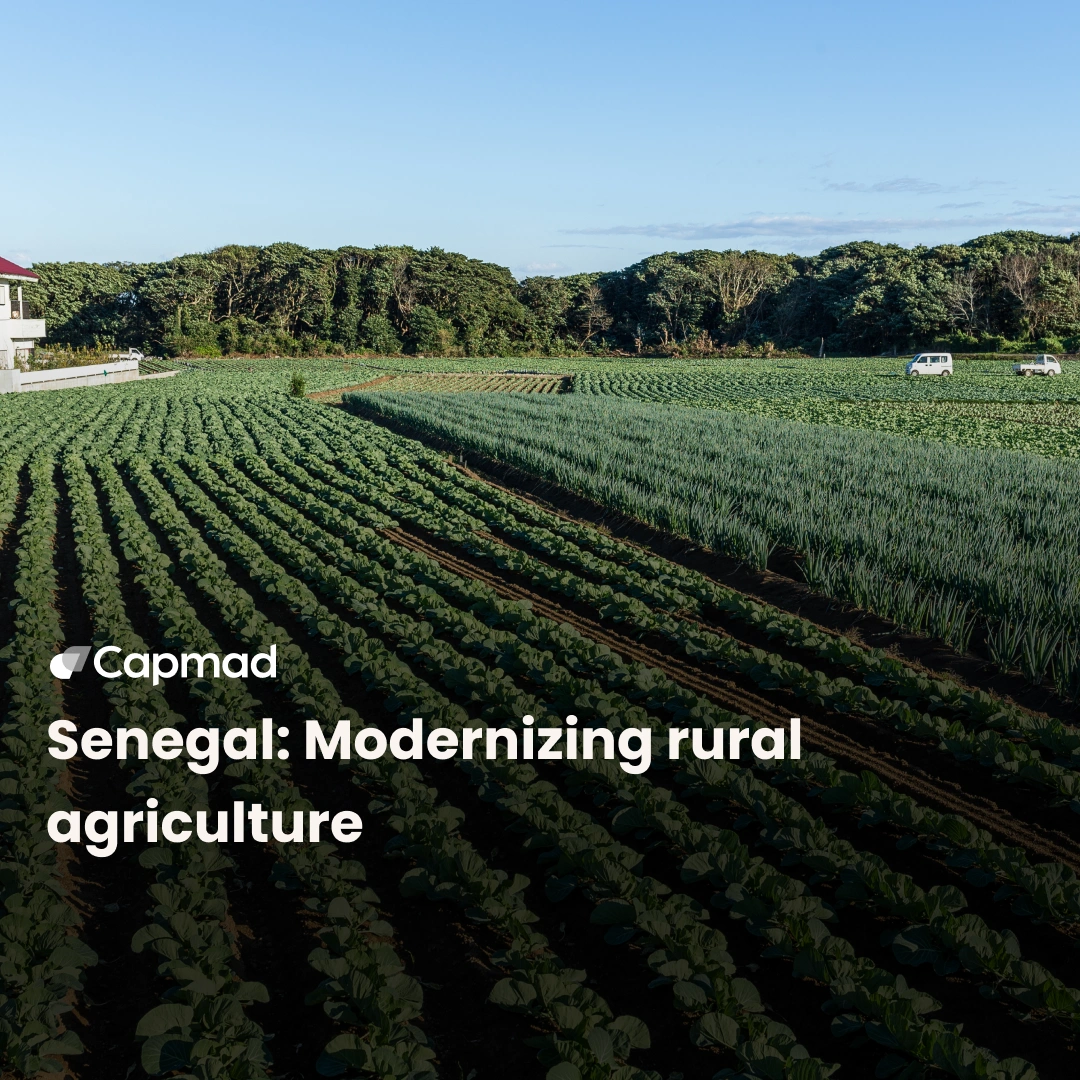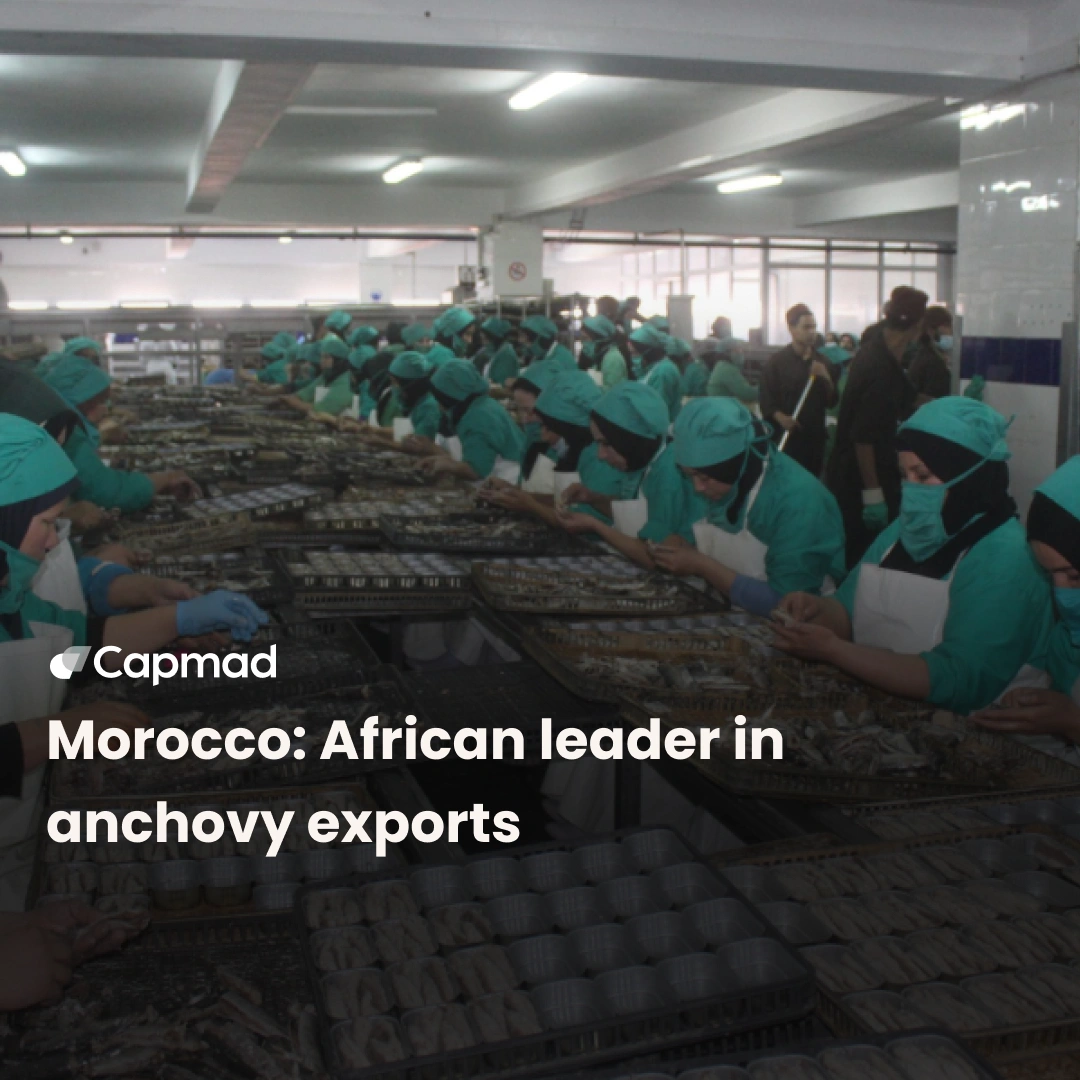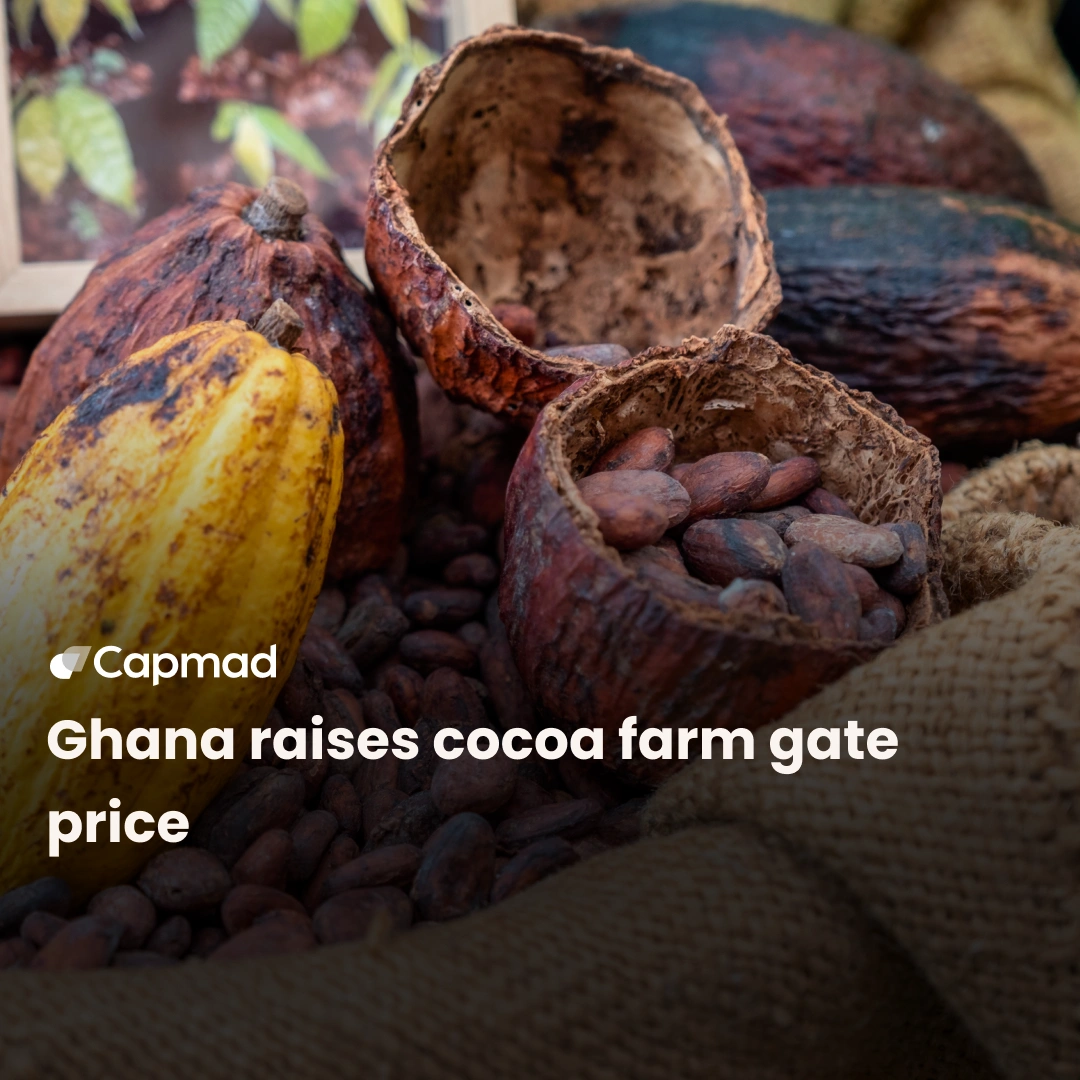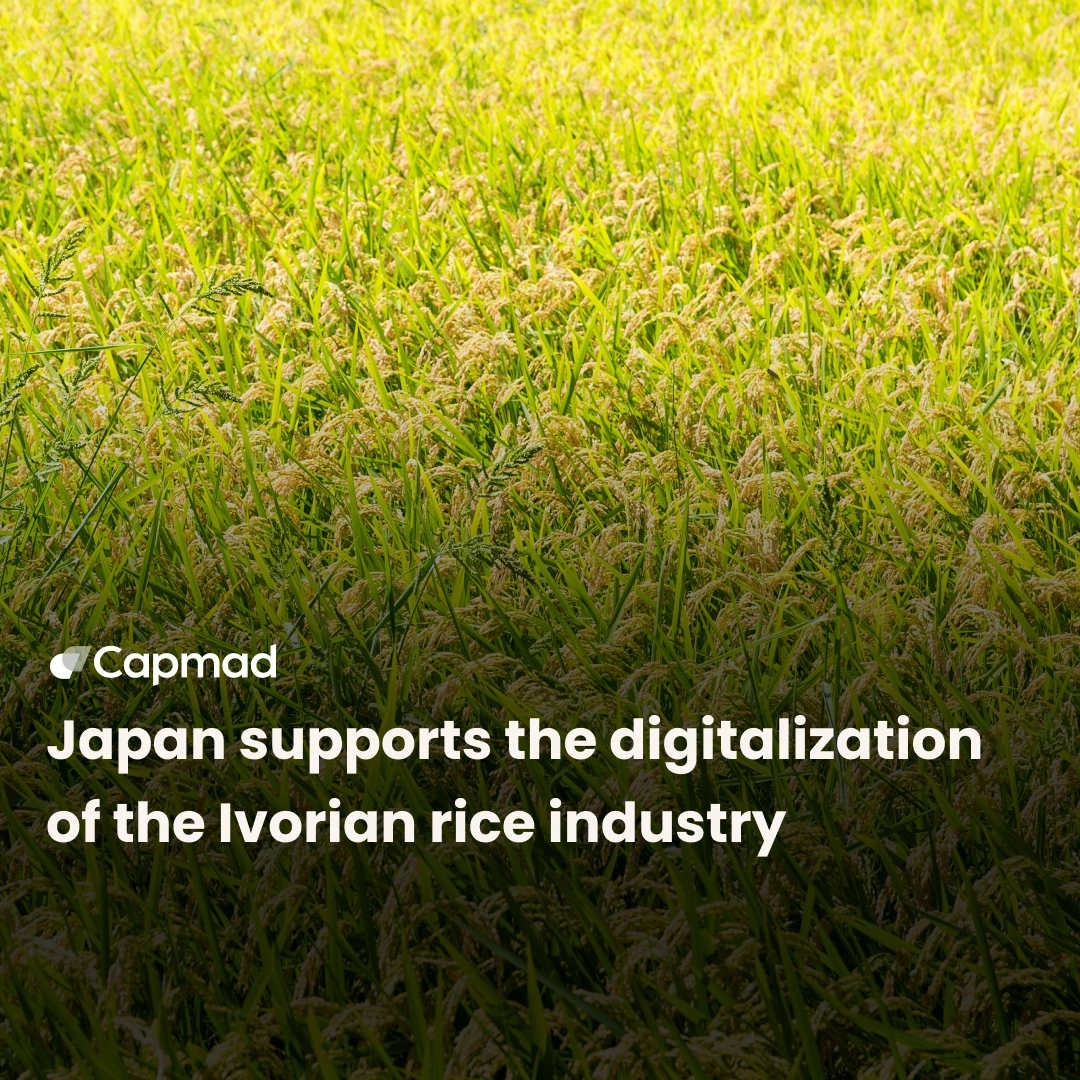Agriculture in Côte d’Ivoire is a vital driving force of the national economy. With 25 % of GDP and 60 % of the active population involved, this essential sector generates billions of dollars each year. This significant contribution to economic development is manifested through a diversity of crops and a strong reliance on agricultural exports. However, this sector faces increasing challenges. The country wants to redouble efforts to maintain its agricultural leadership while ensuring its food sovereignty.
Historical Evolution of Ivorian Agriculture
Agriculture has been the backbone of Côte d’Ivoire’s economy since its independence in 1960. President Félix Houphouët-Boigny, a farmer’s son, quickly understood its strategic importance. His proactive policy enabled the country to become the world’s leading cocoa producer in the 1970s. This status is still maintained today through constant investments and recognized expertise in production.
This agricultural strategy generated sustained economic growth. Agricultural income facilitated the construction of vital infrastructure, including roads, schools, and health centers. This favored balanced development between rural and urban areas. Forest regions, such as Nawa, saw an influx of planters. This was a consequence of an incentivizing policy that structured the rural economy and transformed these areas into dynamic economic hubs.
Agriculture and Economic Transformation under Ouattara
Under the era of President Alassane Ouattara, agriculture has asserted itself as a lever of industrialization and economic diversification. In 2023, agricultural exports generated 7 billion USD, representing 38 % of national sales. Cocoa, with nearly 2 million tonnes produced during the 2023-2024 campaign, remains the main source of foreign currency. However, other strategic sectors are emerging.
Côte d’Ivoire is now the world’s leading cashew producer, with more than 1.25 million tonnes produced each year. Similarly, rubber, palm oil, and tropical fruits strengthen the diversity of exports. Food crops, such as rice, cassava, and yam, play a crucial role in food security. These agricultural products feed a large part of the population and reduce dependence on imports.
The government also focuses on the local transformation of raw materials. For example, cocoa grinding and cashew processing factories are being established, adding value to products before export. These initiatives support job creation and increase farmers’ incomes.
Climatic and Economic Challenges
The Ivorian agricultural sector faces major challenges. The effects of climate change, such as extreme rainfall variations, are leading to lower yields during the 2023-2024 cocoa campaign. Moreover, intensive farming practices cause soil degradation. Global price fluctuations weaken farmers, making their incomes uncertain.
To address these challenges, the government adopted the National Agricultural Investment Program II (PNIA II), with a budget of 4,500 billion CFA francs. This program aims to modernize rural infrastructure, improve access to financing for small farmers, and promote resilient farming techniques. Awareness campaigns on sustainable practices, such as agroforestry, are also underway to reduce agriculture’s environmental impact.
At the same time, efforts are being made to strengthen the regulation mechanisms of agricultural markets. These measures aim to stabilize prices and protect farmers from economic fluctuations. Crop diversification is encouraged to reduce dependence on cocoa and increase the sector’s resilience to climatic hazards.
Food Sovereignty : Priority Objective
Despite its impressive economic performance, Côte d’Ivoire remains dependent on imports for certain basic food products. In 2022, the country imported 1.5 million tonnes of rice, a paradox for an agricultural nation with enormous potential in food production.
To remedy this, the government temporarily suspended exports of food products like rice and cassava. This measure aims to ensure sufficient local supply. This initiative aims to counter food inflation and strengthen food sovereignty. Investments in local rice production, particularly through irrigation projects and the distribution of improved seeds, are also underway.
Public policies strive to make food farming more attractive to young people, offering subsidies, training, and easier access to agricultural land. This strategy aims to revitalize rural areas and reduce the exodus to cities.
Towards Sustainable and Inclusive Agriculture
Adopting sustainable farming practices is essential to preserve the environment and ensure the sector’s sustainability. Combating deforestation, caused largely by the expansion of cocoa plantations, is among the government’s priorities. Reforestation programs, combined with sustainable certification initiatives, encourage farmers to adopt environmentally friendly practices.
Meanwhile, the role of women in agriculture is increasingly recognized. They represent a significant portion of the agricultural workforce. Yet, they remain underrepresented in land ownership and access to financing. Specific projects aim to empower women by offering technical training and entrepreneurial opportunities.
The modernization of the agricultural sector, supported by investments in mechanization and digitalization, is gradually transforming production methods. Mobile applications now allow farmers to track weather forecasts, compare market prices, and access technical advice. This transition to connected agriculture helps improve yields and incomes.






